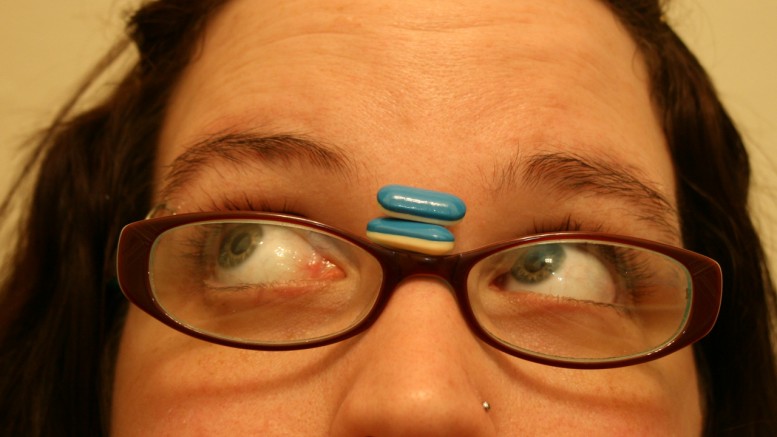The stigma on mental illnesses persists despite the existing mental health laws and continuous massive effort on mental health awareness campaigns. Many people are still hesitant to seek help and treatment for their mental health. As a result, numerous cases of depression, anxiety, and other mental disorders remain untreated.
There is no one-size-fits-all treatment for everyone. But treatment options may include psychotherapy, medication, or both. Unfortunately, the use of medication to treat mental illness symptoms has been viewed negatively by the general public. They are stigmatized as crazy pills or addictive toxins. Because of that, many people resist taking them.
If you’re already under medications or you’re hesitating to seek treatment, here’s an essential guide on managing medications for mental health. The more you know about them, the less you’ll have doubts and fears about taking them.
The Role of Medications In Mental Illness
In this day and age, openness about mental illness has become more acceptable. But while people can now understand and support mental illness, there is still a stigma surrounding it, especially when it comes to medications.
Some may not fill their prescriptions or come off meds too early because of the stigma and misconceptions. Others may not anymore seek the mental health care and treatment they supposedly need. It would be more challenging to manage medications for mental health when these stigmatizing attitudes are all around.
That said, overcoming the stigma is a crucial step to medication management on mental health. But to make it possible, it’s essential to understand the role of drugss in mental illness. Medication is only one part of treatment for mental health conditions. Typically, it is utilized together with psychotherapy, psychoeducation, support group, and case management.
The role of meds is to treat the physical aspects of mental illness by managing the levels of certain chemicals in the brain. It’s based on the premise that mental illnesses are partly due to the brain’s chemical imbalance.
Things To Consider Before Taking The Medications
Before the doctor prescribes you a medication, they will run a series of tests to diagnose your mental health condition. Most likely, there’ll be a psychological evaluation to determine your symptoms, thoughts, emotions, and behavior patterns. You may most likely have to undergo a physical exam to rule out physical problems that could cause your symptoms.
The doctor will have to look at everything, including your family and medical history, before they will come up with a diagnosis. Once it is clear, they will discuss with you all options for treatment. If a medication is necessary, they will prescribe it to you. But note that you get a say on this process. Therefore, you must know how to make an informed choice.
Here are essential things you have to consider when discussing your drug therapies with the doctor:
Types of Medications
Knowing your medication options is vital so you can have a more meaningful conversation with your doctor. It’s also one way to be more fully involved in taking care of your mental health condition.
Below are some of the most commonly used drugs. Note that they don’t cure your mental illness, but they only relieve the symptoms.
- Antidepressants
- Mood Stabilizers
- Anti-anxiety Medications
- Antipsychotic Medications
Potential Benefits
It’s your right to know how a certain medication is supposed to help with your specific concerns. So don’t hesitate to ask your doctor about its potential benefits. Your doctor should be able to explain why they recommend such meds to you.
Possible Side Effects
Mental health drugs also come with an extensive list of possible side effects. But many of them are only temporary as your body grows accustomed to your medication. Your doctor must provide you specifics on what side effects and reactions to expect and how long it may last.
It’s extremely important to be honest with your doctor if you feel any unpleasant reactions. After all, you get to decide whether or not you are still comfortable taking it. But never take yourself off of any therapy without discussing it with your doctor, as they may require a careful step-down process to prevent further side effects or withdrawal symptoms.
Costs of Medications
Like other prescription drugs, the costs of mental health treatments are also sky-high. If you have financial difficulties, don’t hesitate to open it up with your doctor. It won’t be good for your mental health if you worry about the cost of your medications. Your doctors may help you explore various options that are less costly.
How To Save Money On Mental Health Medications?
Financial situations can become even more complicated for people living with a mental illness. Substantial costs of treatments can be one of the roadblocks in medical management for mental health.
But don’t worry because there are ways to save money on your therapie. You can apply on patient-assistance programs to acquire your prescription at low cost or no cost at all. Or you can use reliable discount cards, such as the Prescription Discount coupons – BuzzRx, to save up to 80% on your medication cost.
Takeaway
Your mental health is as important as your physical health. Don’t hesitate to consult with a doctor or mental health professional if you need help to manage your thoughts, emotions, and behaviors. Know that you don’t have to suffer in silence and go through it alone.
